Contemporary Design II. - YAXCO2FMNF
Academic year/semester: 2024/25/2
ECTS Credits: 5
Available for: Only for the faculty’s students
Lecture hours: 2
Seminarium:0
Practice: 3
Laboratory: 0
Consultation: -
Prerequisites: 2 semester Digital Visual Studies
Course Leader: Prof. Marcel István Ferencz
Faculty: Ybl Miklós Faculty of Architecture and Civil Engineering, 1146 Budapest, Thököly út 74.
Course Description:
By the end of the second semester of the course, the student should have mastered the practical application of theoretical
knowledge and have found his/her own sophisticated visual and creative language, which he/she can use confidently and
communicate his/her design effectively and convincingly.
The second semester of the course focuses on putting theoretical knowledge into practice. Finally, through practical exercises in
graphic and conceptual arts, the student presents his/her acquired form procreation techniques and conceptual thinking
through a synthesis of applied art knowledge in an architectural concept design, which is presented visually and verbally.
Applied softwares: parametric and generative design: Maxon Cinema 4D, Rhino+Grasshopper, visual module: Adobe Photoshop
and Illustrator, Corona Render, Cycles, Lumion, Twinmotion .
Competences:
able to sort, observe, and analyse information collected during the design, implementation and operational processes, and to conclude the lessons, including the feedback into practice
Topics:
1. week: Presentation of the tasks for the semester, description of the requirements. Conceptual
thinking, manifestos, review of basic knowledge on design methods.
2. week: Overview of architectural design principles Historical context of architectural design
evolution Exploration of key contemporary architectural movements
Course work: Research and presentation on a specific contemporary architectural movement
3. week: Presentation: basic polygon modeling knowledge and subdivision surface modeling.
Course work: trying out concept designs and adapting new methods.
4. Week: Presentation PART 1.: Contemporary trends in design like re-postmodern, neo-brutalism,
neo-modernism, parametricism, minimalism and utilitarianism, regionalism, ai based design
strategies.
Course work: trying out concept designs and adapting new methods.
5. week: Presentation PART 2. : Contemporary trends in design like re-postmodern, neo-brutalism,
neo-modernism, parametricism, minimalism and utilitarianism, regionalism, ai based design
strategies.
Course work: trying out concept designs and adapting new methods.
6. week: Presentation PART 3. : Contemporary trends in design like re-postmodern, neo-brutalism,
neo-modernism, parametricism, minimalism and utilitarianism, regionalism, ai based design
strategies.
Course work: trying out concept designs and adapting new methods.
7. week: Presentation PART 1.: Compositional rules and differences in the XX.century and
XXI.century design. The importance of utilizing digital tools.
Course work: Semester tasks concept design.
8. week: Presentation PART 2.: Compositional rules and differences in the XX.century and
XXI.century design. The importance of utilizing digital tools.
Course work: Semester tasks concept design.
9. week: Presentation on contemporary design strategies and digital tools in 3D modeling like
Extrude, Lathe, Loft, Sweep) 1st. presentation on the semester task, forming groups and
researching the subject. Course work: Semester tasks concept design.
10. week: Written test. Presentation and discussion.
11. week: Presentation: Non-mainstream design schools and emergent theories.
Submission of projects.
12. week: Principles of adaptive reuse and renovation
Case studies of successful adaptive reuse projects
Workshop on redesigning existing structures
13. week: Final Project and Portfolio Development PART 1.
Work on a comprehensive architectural design project integrating multiple principles
14. week: Individual meetings for project feedback
Presentation and critique of final projects
Portfolio development tips and guidance
15. week: Final Project and Portfolio Development PART 2.
Work on a comprehensive architectural design project integrating multiple principles
Individual meetings for project feedback
Presentation and critique of final projects
Portfolio development tips and guidance
Second written test (Only in case of failure or missed)
Assessment: One main semester task performed in groups. Presentation on architectural boards and PDF portfolio. Test: 1 mid-semester test Exam: 3 exam options the end of the semester
Exam Types:
Written Exam
Compulsory bibliography: none
Recommended bibliography: none
Additional bibliography: none
Additional Information: none



